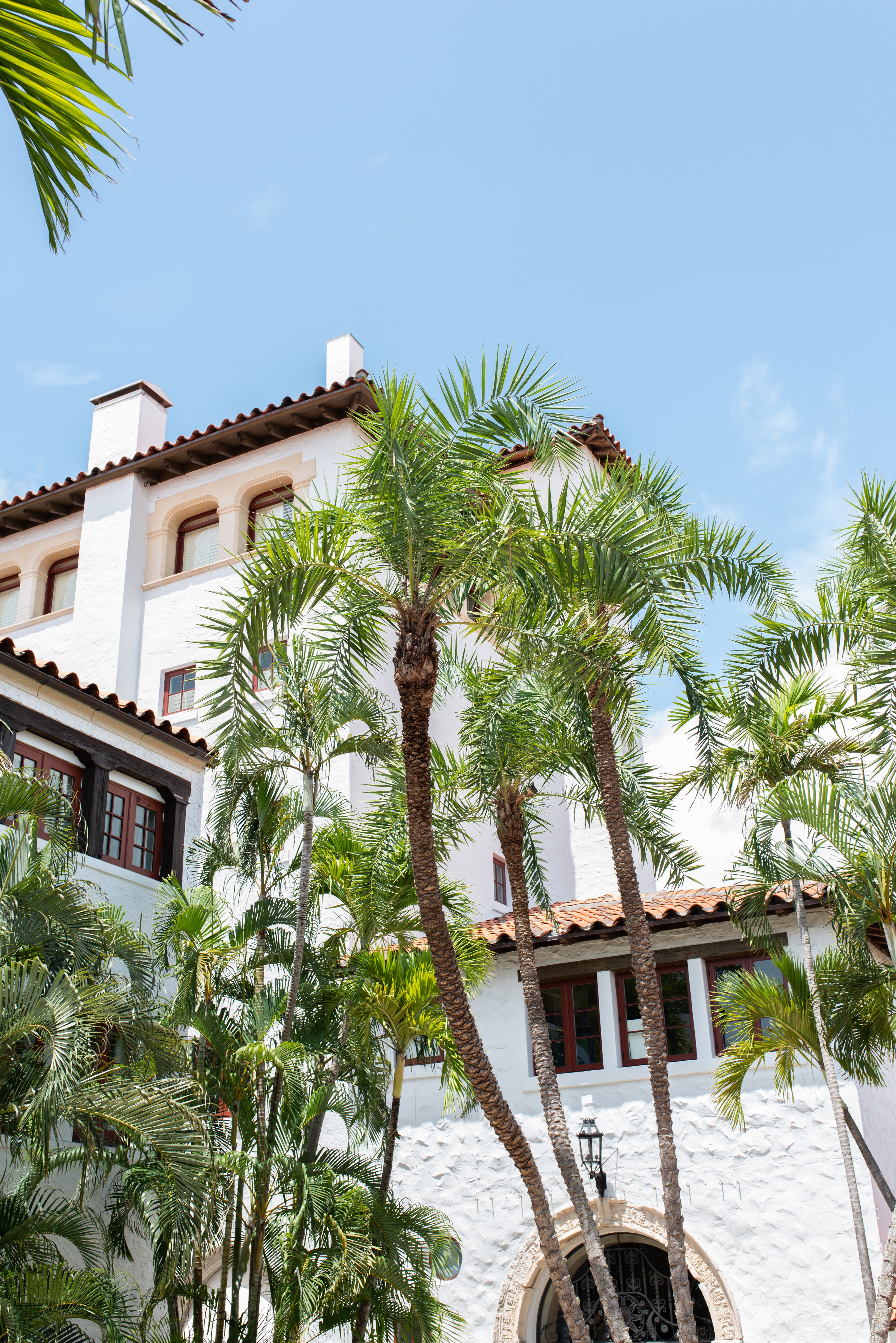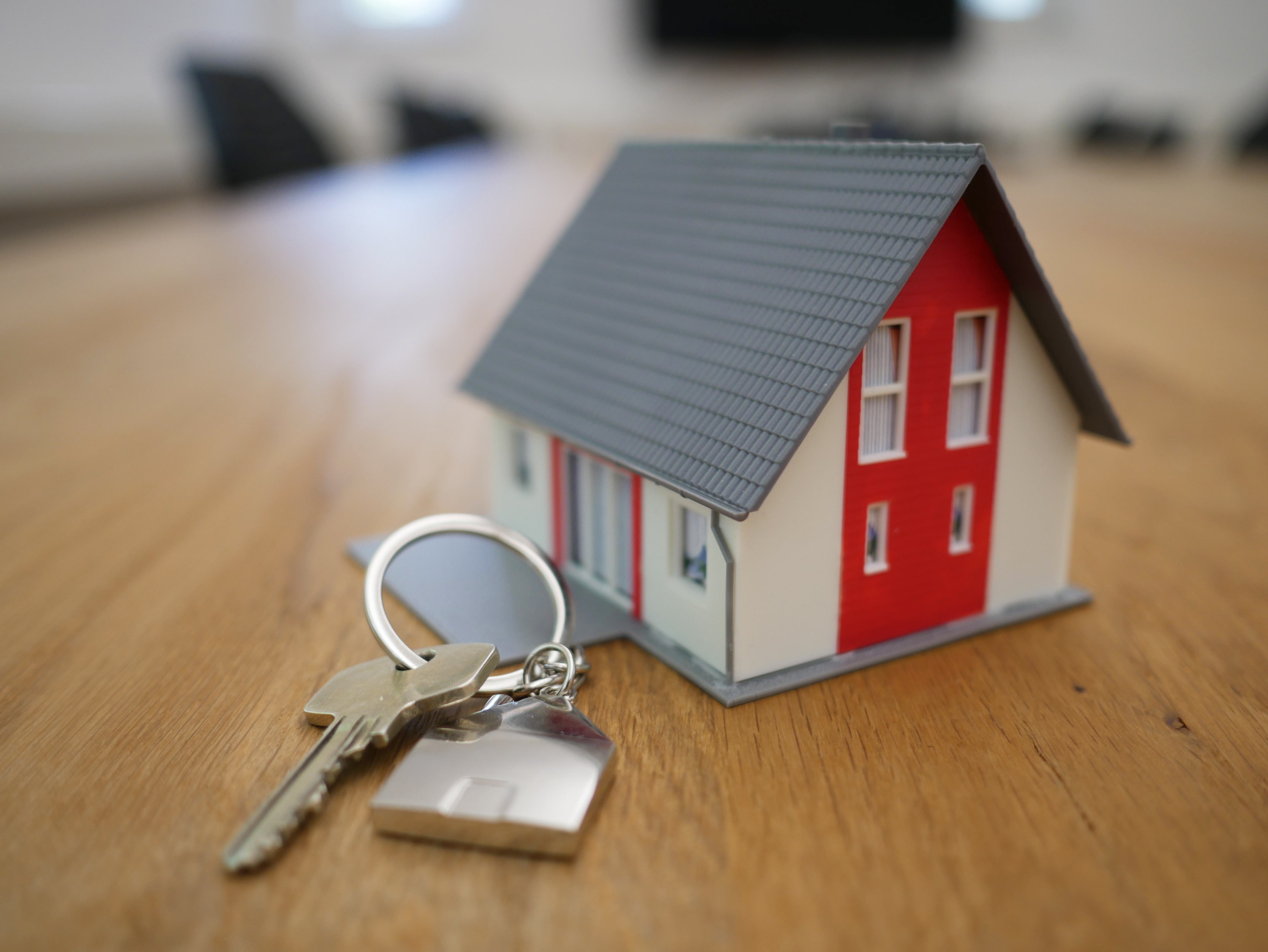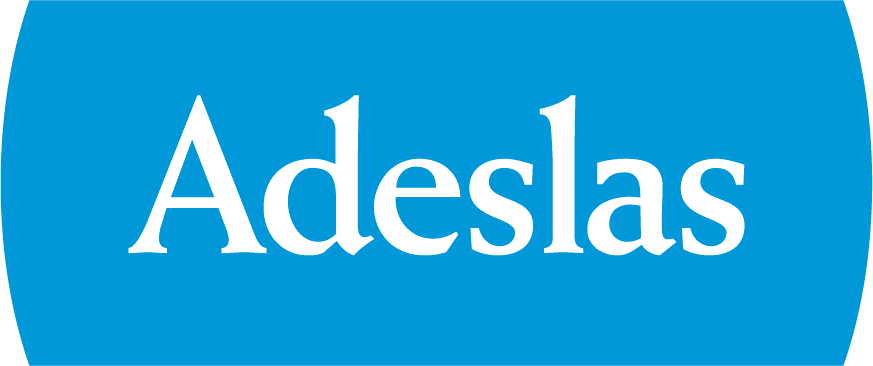
Guide to buying a house in Spain
Spain, a climate-friendly place, has always been favored by many overseas investors since it facilitates the immigration process by providing the golden visa model. One of the most popular ways of acquiring a golden visa is to buy a house, due to the cost efficiency and value-added prospects. So how does a foreigner buy a house in Spain?
1. Real-estate investment prospects
2. How to choose the ideal property in Spain?
3. The current state of the Spanish housing market
4. Are there restrictions on foreigners buying houses in Spain?
5. What kind of house can you buy in Spain for 500,000 Euros?
6. What are the taxes and fees necessary in the process of investment and property purchase?
1. Real-estate investment prospects
The real-estate economy was once a very important part of Spanish economic growth. Affected by the 2008 financial crisis, Spanish real estate prices experienced a sharp drop, and it was not until 2014 that they gradually recovered. The Spanish economy, before covid-19 broke out, had experienced major improvements within the housing market. It even showed high resilience during the pandemic. Moreover, there is still room for house prices to rise in the future.
The Spanish rental housing market also has good prospects. Spanish tourism is the pillar of the short-term rental housing market. Foreign students are a stable source of the long-term rental market due to the abundant higher education resources and relatively lower living expenses. In addition, Spain has a well-developed international trade market. A steady stream of migrant workers has also injected fresh vitality into the long-term real estate rental market.
Social welfare is good. After obtaining legal residence status in Spain and paying social security, you can enjoy the social welfare system. Spain is a well-known high-welfare country in Europe with a comprehensive medical and educational network, providing residents with a quality life guarantee.
2. How to choose the ideal property in Spain?

Deceptive immigration agencies often take advantage of Information asymmetry to recommend relatively low-priced properties to investors. These properties often have infrastructure inadequacy and a low propensity for future added value.
These companies may even strategically increase the price of real estate to reach the threshold of the golden visa, causing investors to suffer unnecessary losses.
Therefore, how can investors choose an ideal property in Spain?
- Choosing a reputable real estate agency: Reputable real estate agencies can help buyers reduce the risks they encounter in the process of buying a house. For example, a savvy broker not only knows the value of housing investment in various regions but can also help avoid some "deceptive" properties, which means an investment risk that investors cannot judge independently.
- Figuring out your own needs before looking for an agency: Don’t trust immigration agencies easily. They usually abuse sales tactics and confuse investors. With their own essential needs in mind, investors can listen to the recommendations of the intermediary rationally and accordingly, so as not to buy a house that does not meet their original intentions.
3. The current state of the Spanish housing market

- Second-hand housing market dominates
Major Spanish cities, led by Madrid and Barcelona, have seen a 90% reduction in the stock of new houses in the past two years. The stock of new houses is in short supply, and new houses in good locations are expensive. This has led to a boom in the second-hand and refurbished housing market. Some investors who insist on buying new houses need to buy off-plan houses. This waiting time is usually too long, and prices are more expensive. Some off-plan houses may have been sold before the construction. The Spanish second-hand housing market is even more popular and better for investors, due to relatively sound supervision and good conditions.
Golden visa immigrants usually favor two sets of second-hand houses and non-lucrative immigrants, focusing more on living expenses, are targeting second-hand houses in mature communities.
- The housing market in big cities is more dynamic
Currently, there are more than 100,000 existing homes (second-hand and new homes) that can be traded across Spain. In major Spanish cities, such as Madrid, Barcelona, Valencia, and Seville, the housing transaction volume and value are both relatively high.
- The overall trend of housing prices is good
Housing prices of Spanish properties are growing steadily across the country. Even if the average housing prices in some autonomous regions occasionally fall, it does not hinder the overall upward trend. Real estate prices in Madrid and Catalonia have increased significantly. The national average price ranged from 1,522 Euros/m2 in September 2015 to 1,730 Euros/ m2 in May 2020, with a compound annual growth rate of 2.6%. The average price in Madrid has ranged from €2,156/m2 in September 2015 to €2,783/m2 in May 2020, with a compound annual growth rate of 5.24%.

4. Are there restrictions on foreigners buying houses in Spain?
The Spanish government does not restrict the purchase of real estate by foreigners. On the contrary, the purchase of the real estate of more than 500,000 Euros allows the whole family (at most three generations) to immigrate to Spain and enjoy local medical, education, and other benefits.
5. What kind of house can you buy in Spain for 500,000 Euros?

Many intermediaries will introduce investors to real estate of exactly 500,000 euros to fit the requirement for the Golden Visa, which may contain certain traps. Let’s take a look today at what level of real estate can be bought for 500,000 Euros so that you have a general idea.
- In the center of Madrid, you can buy a nice well-furnished apartment, which is basically within 90-150 square meters. House prices in different areas are slightly different. The unit price of each area in the city center ranges from 3000-5000 euros per square meter
- In the suburbs, you can buy one or two villas (or townhouses) of 100-200 square meters with two floors, an attic, or a small garden
- In the not-so-popular areas you can buy 2-3 small apartments of 60-70 square meters or 2 large apartments of 4-5 rooms.
6. What are the taxes and fees necessary in the process of investment and property purchase?
Generally speaking, the expenses to be prepared include:
- real estate price
- real estate tax (new house 10% / second-hand house 5%-10%)
- lawyer's fee
- various notarization fees
- (agency fee)
- Down payment is generally 30%
- if you need a loan, you will have additional financial expense
Assuming that if you buy 500,000 Euro real estate, you will need an additional fee of about 10% to pay the transaction property tax, stamp duty, legal fees, etc.
Generally speaking, an intermediary agency usually collects a handling fee of 3%-5% of the house price according to the condition of the real estate. The handling fee may be paid by the buyer or the seller and needs to be confirmed with the intermediary in advance.
In addition, the purchased real estate often needs to be decorated, repaired, maintained, or even refurbished before moving in. The cost of handicrafts in Spain is high, and if a decoration team is hired, it is often a big expense. Therefore, most Spanish households will choose home insurance. Adeslas home insurance, as the No.1 Spanish and most satisfying housing insurance, must be your optimal choice.
7. Adeslas tips:

In addition to choosing the right intermediary, another way to help reduce costs is: When making cross-border payments for the purchase of a house, you should always ensure that the exchange rate is at the most ideal level.
It is not a hard-to-reach dream to have real estate in a high-quality location in Spain and enjoy the ideal emigration life. As long as you do the necessary homework and follow the correct procedures you can start a foreign life in your own house, and at the same time, you can get a good economic income through rent. Adeslas sincerely hopes that every friend who wants to immigrate to Spain through real estate investment will go well. Welcome to the blue sea and blue sky of Spain, and we look forward to meeting you under the same sky as soon as possible.
If you would like to know more about this topic, check out one of these other blogs:
- How to apply for a Golden visa/investor visa in Spain?
- Guide to taxes required when buying a house in Spain
- Guide to rent a house in Spain
- Guide to tenants' rights and obligations renting a house in Spain
- Guide to get a mortgage as a foreigner in Spain
- The best places to live in Spain for Expats with different needs
- Cost of living: Is it cheap to live in Spain?
Reference:
[1]Property prices in Spain in 2021. (2021). Retrieved 16 July 2021, from https://www.idealista.com/en/news/property-for-sale-in-spain/2021/02/22/8495-property-prices-in-spain-in-2021
[2]The Spanish property market forecasts recovery to pre-COVID-19 levels by the end of 2021. (2021). Retrieved 16 July 2021, from https://www.idealista.com/en/news/property-for-sale-in-spain/2020/06/29/7643-the-spanish-property-market-forecasts-recovery-to-pre-covid-19-levels-by
Our content will be updated according to the most recent legislation. Last update: 05/07/2023